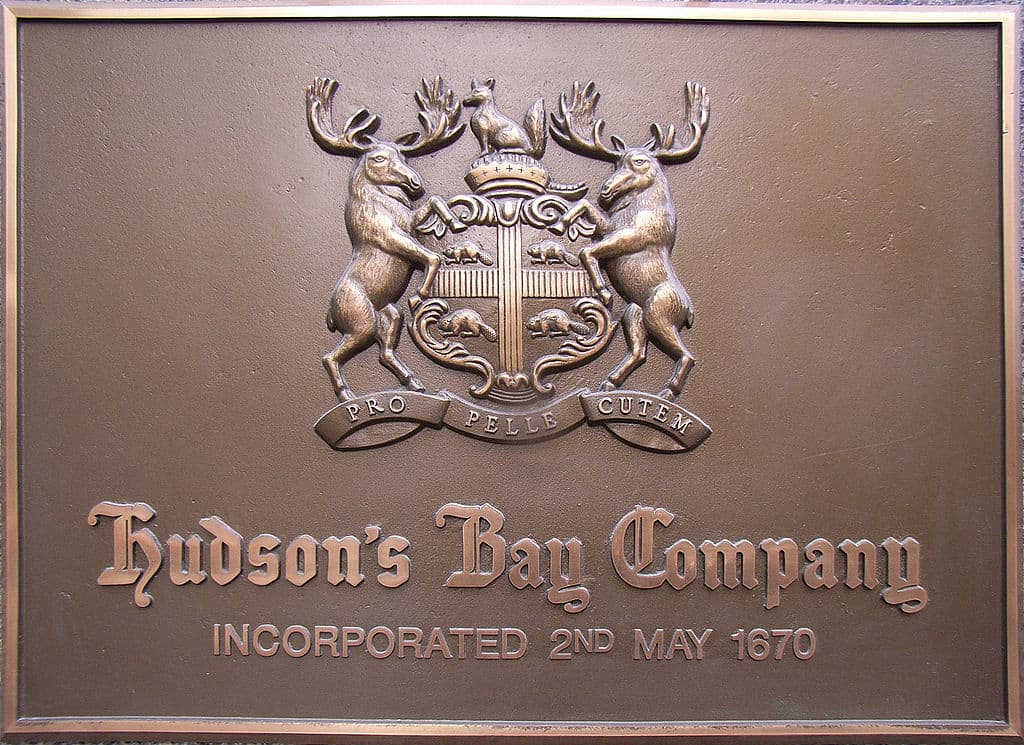Retail is what investors see when they consider investing in Hudson’s Bay Co. (TSX:HBC), which makes sense, because it owns large department stores and some of the top brands in the world.
Yet, in its second-quarter results, the company reported a loss of $201 million, which is even greater than the $142 million loss it reported in Q2 2016. Although its sales increased to $3.29 billion from $3.25 billion, the reality is quite simple: Hudson’s Bay’s retail business is suffering.
And yet, there is a massive opportunity at play with this company that could result in investors potentially earning double their investment, if not more.
Let me explain…
Hudson’s Bay owns the buildings its stores are in. That means that the value of that real estate should be accounted for in the price of shares. If Hudson’s Bay sold a building, the cash would be accounted for, so why aren’t the buildings being considered in the share price?
Land and Buildings, a Connecticut-based hedge fund, acquired a 4.3% stake in the company back in June, arguing that the value of said real estate is upwards of $35 per share. If nothing else, the stock should trade at $35 because that’s the value of its real estate.
Unfortunately, because of the retail business, investors are not properly valuing the business. That creates an opportunity for you, because when management finally finds a way to extract value out of its real estate, that reward will be given to investors.
But how do we extract value? There are a couple ways.
In 2013, Hudson’s Bay bought Saks, Inc. for US$2.9 billion, which gave it the Saks Fifth Avenue flagship store and the Saks OFF 5th brand. Investors hated the deal.
Eight months later, the company took out a mortgage against the Fifth Avenue store for US$3.7 billion. In 18 months, its acquisition had appreciated by US$800 million.
It’s feasible for management to do something similar and perhaps pay a special dividend to investors.
But what is more likely to occur is that the real estate will be spun out into a separate entity. Existing shareholders of Hudson’s Bay will receive shares of that company as well. It could wind up being a positive for both companies.
Management could get a real estate expert in to run the real estate business and a retail expert in to run the retail business. That would be two strong businesses versus one weak business.
Should this occur, it would be a massive win for investors, because shares are trading at under $13. If Land and Buildings is correct, investors could see a nearly three times return on their investment if a spinoff took place.
One word of warning, though: a spin-off of the real estate still requires a paying tenant, which would be the retail side of Hudson’s Bay. If Hudson’s Bay starts to suffer, the impact on the real estate company could be significant. Spinoffs are great, but they’re not always the panacea that investors want them to be.









